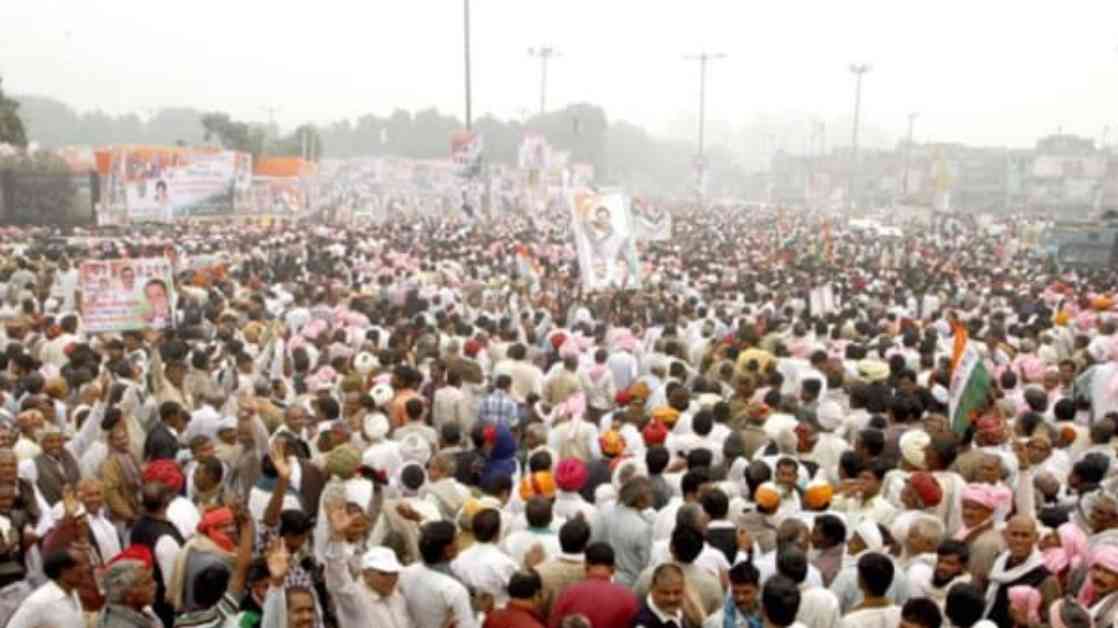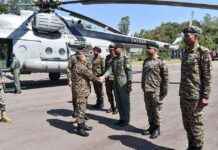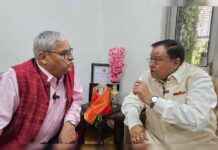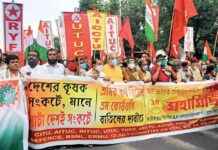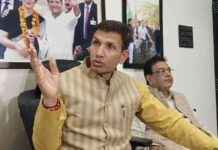Prime Minister Keir Starmer of the UK is urging Western nations to apply economic pressure on Russian President Vladimir Putin if he continues to delay a ceasefire in Ukraine. Starmer’s call for action comes in the midst of ongoing discussions with like-minded leaders to secure a truce in the war-torn region. As tensions escalate and the need for peace intensifies, Starmer is pushing for a united front to compel Russia to the negotiating table.
Stalemate in Ceasefire Talks
In a recent statement, Starmer expressed frustration over Putin’s reluctance to fully endorse a proposed ceasefire plan put forth by US President Donald Trump. Despite calls for an immediate pause in hostilities, Putin has failed to address the root causes of the conflict, leaving the prospect of peace hanging in the balance. Starmer condemned the Kremlin’s lack of commitment to the ceasefire proposal, highlighting Putin’s apparent disregard for diplomatic efforts aimed at resolving the crisis.
“The Kremlin’s inaction in response to President Trump’s ceasefire initiative underscores Putin’s lack of genuine interest in peace,” Starmer asserted. “If Russia continues to stall, we must be prepared to exert significant economic pressure to bring an end to this devastating war.”
As preparations are underway for a virtual summit with world leaders, Starmer is rallying support for Ukraine as part of a “coalition of the willing.” The upcoming meeting, which follows a previous summit involving key European allies and the US, aims to solidify commitments to peacekeeping efforts in the region. With leaders from various nations expected to participate, the focus will be on devising concrete strategies to enforce a lasting peace agreement with Russia.
Challenges and Diplomatic Maneuvers
Amidst mounting tensions, the issue of deploying peacekeepers in Ukraine has emerged as a contentious point of negotiation. While Western leaders seek to garner support for a security mission to uphold a ceasefire, Russia remains adamant about key stipulations, including the exclusion of NATO troops on Ukrainian soil post-conflict. Additionally, Russia’s demands for territorial concessions, neutrality agreements, and demilitarization by Ukraine have complicated the path to a comprehensive peace deal.
Recent reports suggest that Putin’s strategic objectives in the conflict may be deliberately ambitious, with the expectation of continued warfare if his demands are not met. Western security officials caution against falling into Putin’s trap of prolonging negotiations under the guise of thorough examination, emphasizing the urgency of tangible actions to quell the violence.
Starmer’s message to the Kremlin is unequivocal: a cessation of the brutal attacks on Ukraine is imperative for the sake of all those affected by the conflict. As world leaders grapple with the complexities of diplomatic negotiations and military interventions, the urgency of achieving a sustainable peace in Ukraine looms large on the global stage.
In conclusion, the road to peace in Ukraine remains fraught with challenges and uncertainties, requiring a concerted effort from the international community to hold Russia accountable and pave the way for a lasting ceasefire. As discussions unfold and strategies are formulated, the stakes are high, and the imperative for decisive action grows more urgent by the day. Only time will tell if diplomacy and economic pressure can bring an end to the bloodshed and suffering in Ukraine, or if the specter of continued conflict will cast a long shadow over the region.
